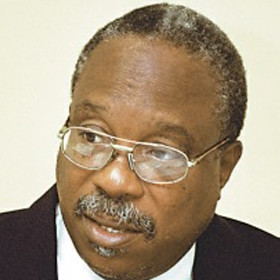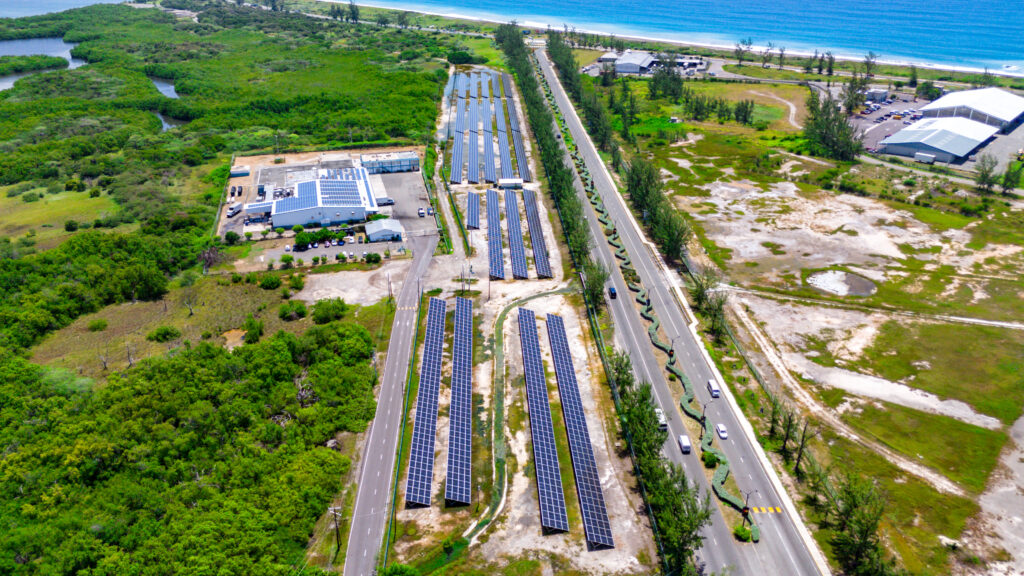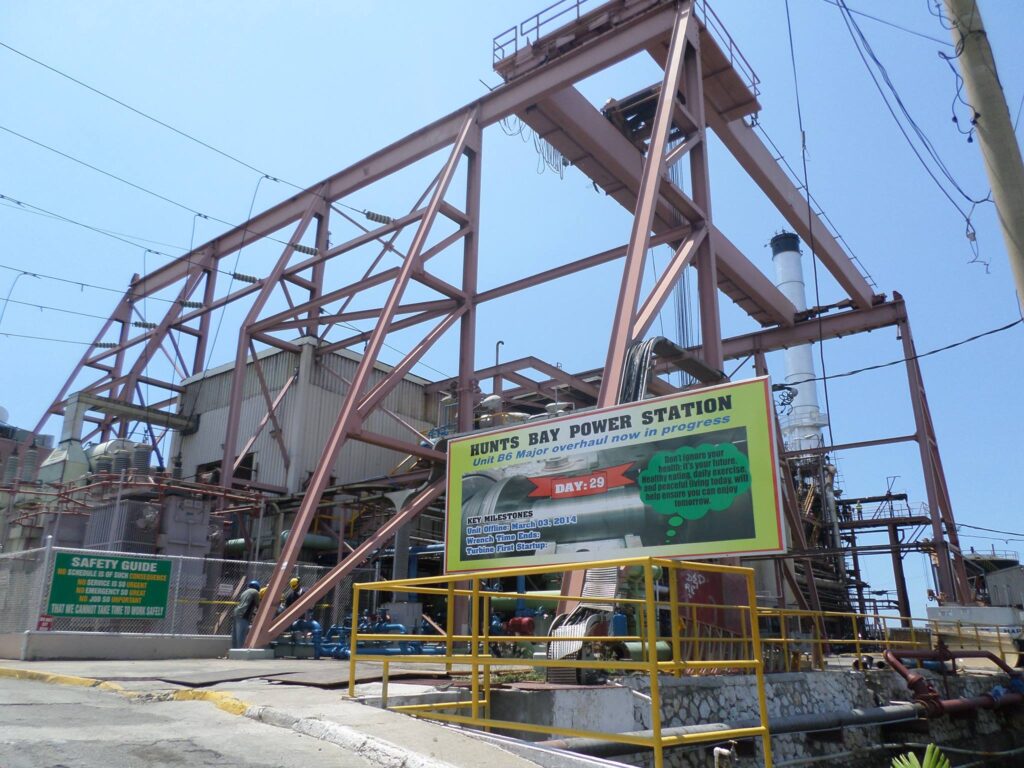

Revolutions are rarely triggered from the top; they bubble up from below—just like Jamaica’s next energy transition must. If Part I called for the demolition of monopolistic inertia, then Part II is a clarion call to build something radically new from the rubble: a distributed, democratic, and dignified electricity system. This is Jamaica’s moment to rewire the nation from the parish up.
To do this, we must turn our back on centralised energy colonialism and say, once and for all: every parish has power—not only politically, but electrically.
Energy Sovereignty: Parish by Parish
Imagine a Jamaica where Hanover’s breadfruit dryers, St Elizabeth’s irrigation pumps, and Portland’s ice plants all run on locally managed solar and biomass microgrids. Not pipe dreams, but possible blueprints, inspired directly by the Filipino barangay revolution.

We propose the swift establishment of Parish Energy Authorities (PEAs)—decentralised entities empowered to:
- Develop parish-scale Renewable Energy (RE) maps.
- Issue licences for micro and mini-grid generation and storage.
- Monitor grid integrity, access, and fairness.
- Approve tariff frameworks responsive to local economic realities.
- Forge partnerships with HEART/NSTA, CASE, and UWI for workforce development.
Each PEA would operate under national guidelines but with firm autonomy to manage implementation based on geography, socio-economic profile, and existing infrastructure.
Technologies That Work for Us
Let’s make it clear: the technologies already exist. Solar photovoltaic panels, small wind turbines, anaerobic digesters, and micro-hydro units are tried and tested.
We must:
- Incentivise small-scale rooftop solar with real-time net billing.
- Install smart meters that integrate with mobile apps.
- Deploy AI-based demand forecasting.
- Introduce cold chain and battery storage tailored for agriculture.
In the Philippines, solar cooperatives brought power to mountainous provinces. Why shouldn’t Mocho, Bath, or Darliston benefit too?
Financing the People’s Grid

A truly sovereign energy future must be bankable. We must decolonise capital access by:
- Establishing a Jamaica Green Energy Development Bank.
- Offering loan guarantees to cooperative RE developers.
- Creating diaspora-backed energy bonds.
- Leveraging climate finance from UNFCCC, GCF, and the Caribbean Development Bank.
The CDB, OAS, UNIDO, and CARICOM Secretariat must be publicly thanked for already planting the seeds of capacity. My half-century of engagement with these bodies, and exposure to grassroots projects in Ethiopia, Brazil, Jamaica, and the Philippines, has given me confidence that Jamaican talent and grit can finish the job.
Grid Unbundling: Necessary Surgery

Let us not get sentimental about a 100-year-old monopoly. The JPS licence must be unbundled.
Transmission should remain a state-regulated backbone. But generation, distribution, and retail supply must become competitive. This includes:
- Allowing direct Power Purchase Agreements (PPAs) between generators and end-users.
- Permitting Special Economic Zones to self-generate and sell.
- Ending exclusive access to substations and data by JPS.
Unbundling is not ideological—it is pragmatic.
Energy Equity: Addressing Theft Without Criminalising Poverty
Electricity theft is a crisis of both legality and inequality. Criminalisation alone has failed.
We must:
- Offer prepaid meters for high-risk users.
- Allow community energy trusts to regularise “squatter” areas.
- Provide grants for low-income solar rooftops.
- Invest in public education campaigns in patois and Creole.
In Luzon, Filipinos built “Sitio Electrification Programmes” to reach the unreached. Jamaica must follow suit.
Conclusion: Turning the Light On Ourselves
True energy transition demands introspection. The change we need won’t come solely from Spanish Town Road or Knutsford Boulevard—it must ignite in Westmoreland fishing villages, Mandeville hillsides, and urban rooftop gardens.
If each parish takes charge of its electrons, we gain not just energy, but dignity.
Let us prove that the sun shines, the wind blows, and the people rise—in every corner of Jamaica.
In Part III, I will tackle the troubling flirtation with Small Modular Reactors (SMRs)—a seductive but ultimately dangerous path. Our story is not one of billionaires and their toys, but of people, communities, and a future rooted in wisdom.
Dennis A. Minott, PhD, is a research physicist and green resources specialist. He is CEO of A-QuEST-FAIR and a grateful student of Filipino electrification reform.
Read Part One here: Dennis A Minott | Breaking the Monopoly: A just, Filipino-inspired energy future for Jamaica – Our Today






Comments